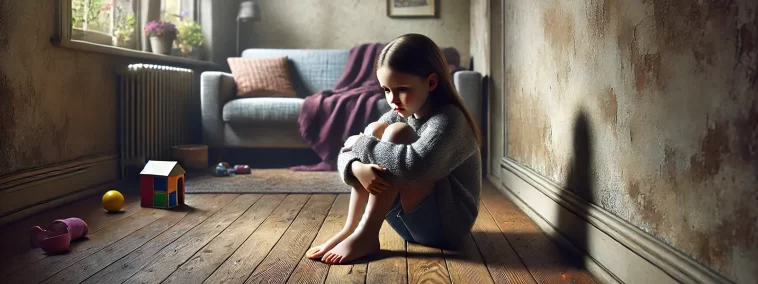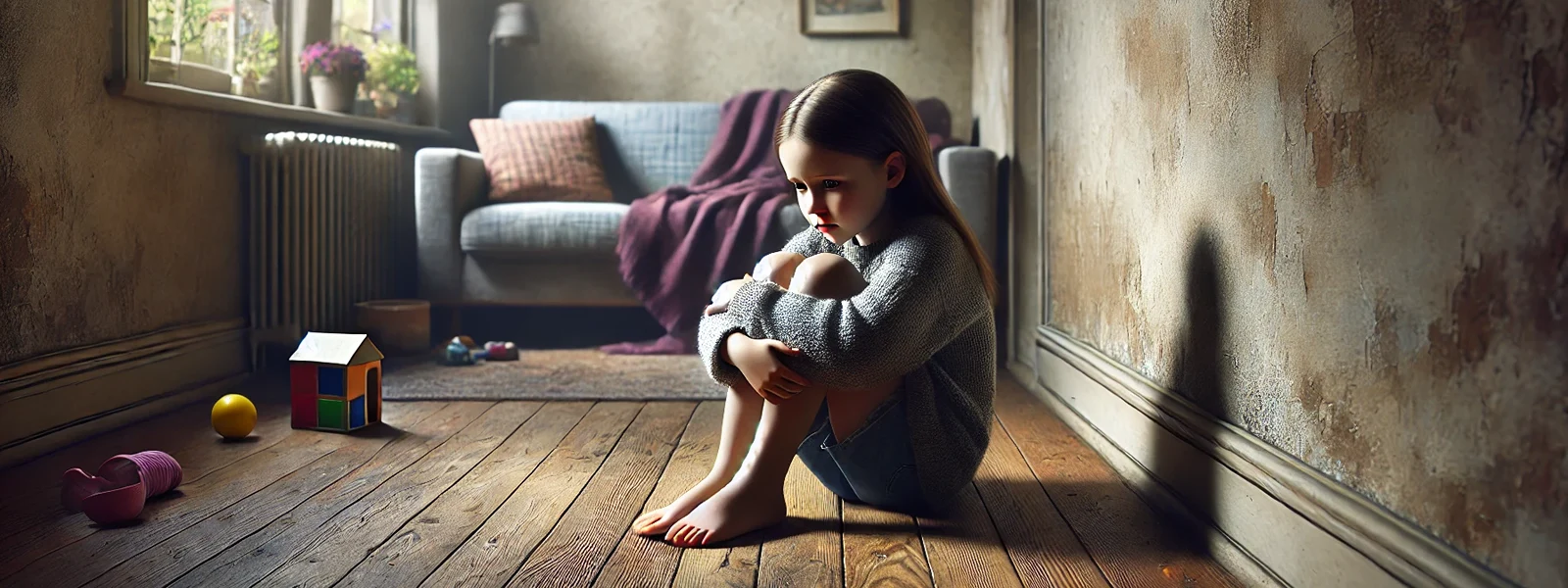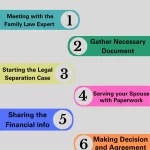Understanding Arizona’s Strict Penalties for Felony Child Abuse Under ARS 13-3623
Arizona takes child abuse allegations very seriously, with strict penalties designed to protect children from harm. Under ARS § 13-3623, even the lowest levels of abuse can result in felony charges. Understanding the laws, penalties, and possible defenses is crucial for anyone facing such charges.
What is Considered Felony Child Abuse in Arizona?
Child abuse in Arizona is defined broadly, covering acts of physical harm, emotional abuse, neglect, and endangerment. It is categorized into varying degrees based on the likelihood of causing serious physical injury or death. Felony charges depend on the circumstances and the intent or negligence of the accused.
Learn more about how Arizona law defines child abuse in this detailed breakdown of ARS § 13-3623.
Levels of Severity
- Class 2 Felony: Intentional or knowing abuse under circumstances likely to result in death or serious injury.
- Class 3 Felony: Reckless abuse with similar dangerous consequences.
- Class 4 Felony: Negligent acts that could produce serious harm but lack intent.
For additional insights, review Arizona’s sentencing guidelines.
Penalties for Felony Child Abuse
The penalties for felony child abuse vary based on the severity of the charges and specific circumstances. Arizona law imposes harsher punishments for crimes involving children under 15.
Typical Sentences Include:
- Class 2 Felony: 13–35 years in prison for intentional harm, as detailed by JacksonWhite Law.
- Class 3 Felony: Prison terms of 5–15 years, depending on aggravating factors.
- Class 4 Felony: Probation or 1–3.75 years in prison for criminal negligence.
Factors Influencing Penalties
Several factors determine the penalties for felony child abuse in Arizona:
- Age of the Victim: Crimes against children under 15 often result in harsher penalties.
- Severity of Harm: Injuries causing permanent damage or death lead to the most severe consequences.
- Prior Criminal Record: Previous convictions can elevate penalties significantly.
Common Defenses to Felony Child Abuse Charges
Facing a felony child abuse charge is daunting, but legal defenses can mitigate or dismiss charges:
- Mistaken Identity: Accusations may be made against the wrong individual.
- False Allegations: Misunderstandings or custody disputes often lead to unfounded claims.
- Lack of Intent: Demonstrating no intent to harm can reduce charges, especially for negligent acts.
Explore how defenses can be crafted by reviewing this expert guide.
Understanding Child Endangerment in Arizona
Child endangerment, a related offense, involves placing a child in harm’s way without direct abuse. Convictions can range from probation to significant prison time, as explained by this recent article from Colburn Hintze Maletta, Phoenix Family Law Attorneys.
Frequently Asked Questions
What is the minimum sentence for felony child abuse in Arizona?
The minimum sentence depends on the felony classification but can start as low as probation for minor offenses or 13 years for Class 2 felonies.
Are child abuse charges always felonies in Arizona?
Yes, even the least severe cases are treated as felonies under Arizona law. Learn more about felony classifications here.
Can child abuse charges be reduced or dismissed?
Yes, with skilled legal defense, charges can be reduced or dismissed based on evidence, intent, and mitigating factors.



